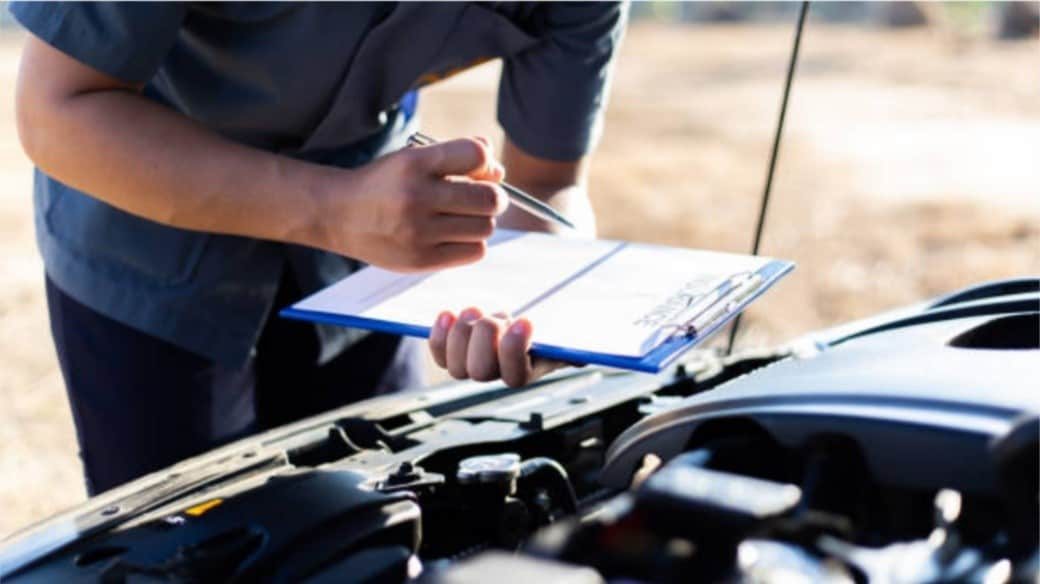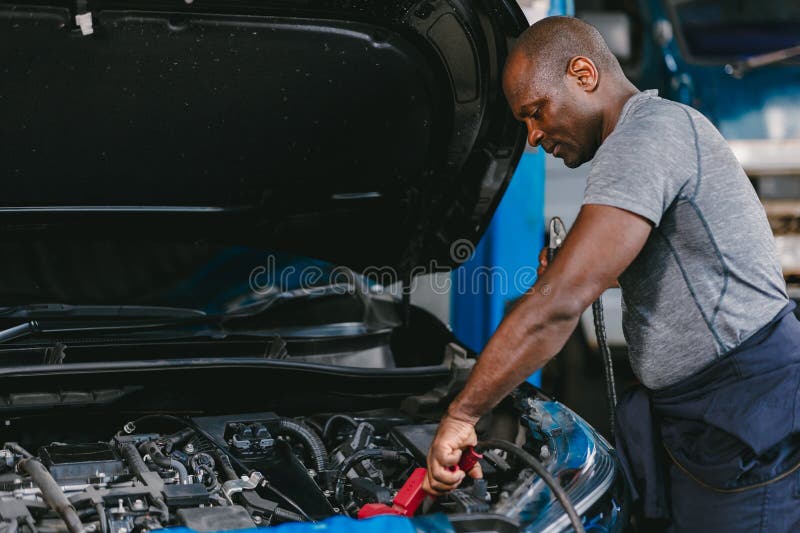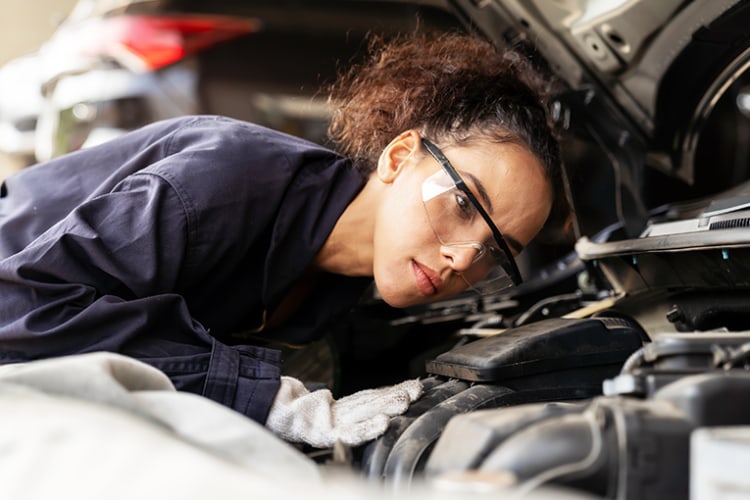All Categories
Featured
Your cars and truck's exhaust system is crucial for ensuring optimal efficiency, enhancing fuel effectiveness, and lowering damaging emissions. Over time, exposure to road aspects, moisture, and warm can take a toll on your exhaust system, leading to rust, corrosion, or leaks.
![]()
![]()
![]()
Verdict. Taking proactive steps to care for your car's exhaust system can conserve you from pricey fixings and guarantee your car runs successfully for years to come. By investing a little time and effort in your automobile's exhaust system, you can avoid expensive repair work and enjoy a smoother, a lot more efficient driving experience.

- Conduct Normal Inspections. A simple yet reliable way to make sure the longevity of your exhaust system is to evaluate it consistently. Look for any kind of indications of corrosion, corrosion, or physical damages like fractures or openings in the exhaust pipelines and muffler. Any uncommon noises such as rattling or loud noises while driving can also be indicators of problems in the exhaust system. If you identify any of these indicators early, you can protect against little issues from transforming into significant repair work.
- Protect Versus Rust and Corrosion. Rust is among the leading sources of exhaust system failure. Moisture from rainfall, snow, and roadway salt can accumulate on the exhaust components and trigger them to rust in time. To shield your exhaust system, consider cleaning the underside of your car regularly, especially after driving in wet or salty problems. Cleaning your car regularly can assist remove salt accumulation that accelerates rust if you live in an area with severe winters months. Furthermore, some suppliers apply protective coverings to wear down components to aid avoid rust. Choose an exhaust system that uses added deterioration protection. if possible.
- Avoid Short Trips. Frequent short journeys, specifically in cold climate, can create moisture to build up in the exhaust system. When the exhaust system does not obtain hot enough throughout short drives, it can trigger condensation to create inside the pipelines, leading to corrosion.
- Drive Thoroughly and Sensibly. Hostile driving, such as tough acceleration and abrupt stopping, places unneeded strain on your automobile's elements, including the exhaust system. Driving efficiently and staying clear of unexpected quits and begins can aid reduce the strain on the exhaust system, adding to its durability.
- Pay Attention for Unusual Sounds. Pay focus to any type of unusual audios coming from your exhaust system. Dealing with leaks as soon as they happen can avoid more damages to the exhaust system.
- Keep and inspect Exhaust Hangars. Exhaust hangars are the rubber installs that support the exhaust system, keeping it firmly in location underneath the auto. If these hangars end up being worn or damaged, the exhaust system may droop or end up being misaligned, triggering stress and anxiety on the components and resulting in premature wear. Examine the exhaust hangars regularly and change them if essential to stop unneeded pressure on the exhaust system.

- Replace Worn-out Parts Immediately. If you observe any type of components of your exhaust system that are broken or damaged, such as the muffler, catalytic converter, or exhaust pipe, it's important to replace them promptly. Neglecting damaged parts can lead to additional damage to the exhaust system and even engine performance issues. Normal upkeep and changing damaged components when needed will aid keep the exhaust system functioning correctly and stop bigger, much more pricey issues in the future.
- Preserve Your Engine. If your engine is misfiring or not running efficiently, it can trigger too much emissions that place added stress on the exhaust system. Regular maintenance, such as oil modifications, trigger plug substitutes, and air filter checks, makes sure that your engine is running efficiently, which in turn aids preserve the exhaust system.

Verdict. Taking proactive steps to care for your car's exhaust system can conserve you from pricey fixings and guarantee your car runs successfully for years to come. By investing a little time and effort in your automobile's exhaust system, you can avoid expensive repair work and enjoy a smoother, a lot more efficient driving experience.
Latest Posts
Explore Leading Car Repair Solutions from Montclare Auto Repair – Quality Service Today
Published May 29, 25
1 min read
Reasons Regular Vehicle Maintenance at Montclare Auto Repair Reduces Costs
Published May 27, 25
1 min read
Unlock WyHy Federal Credit Union – Smart Money Management for Your Money Goals
Published May 25, 25
1 min read
More
Latest Posts
Explore Leading Car Repair Solutions from Montclare Auto Repair – Quality Service Today
Published May 29, 25
1 min read
Reasons Regular Vehicle Maintenance at Montclare Auto Repair Reduces Costs
Published May 27, 25
1 min read
Unlock WyHy Federal Credit Union – Smart Money Management for Your Money Goals
Published May 25, 25
1 min read